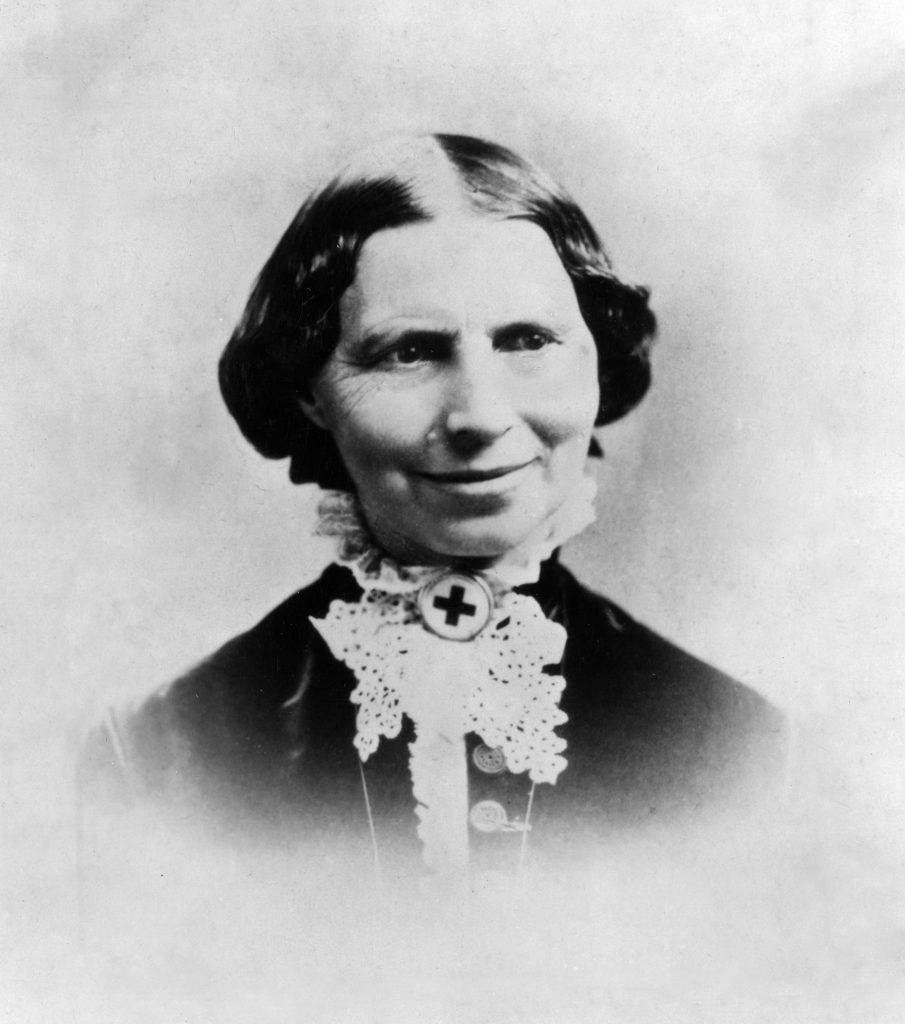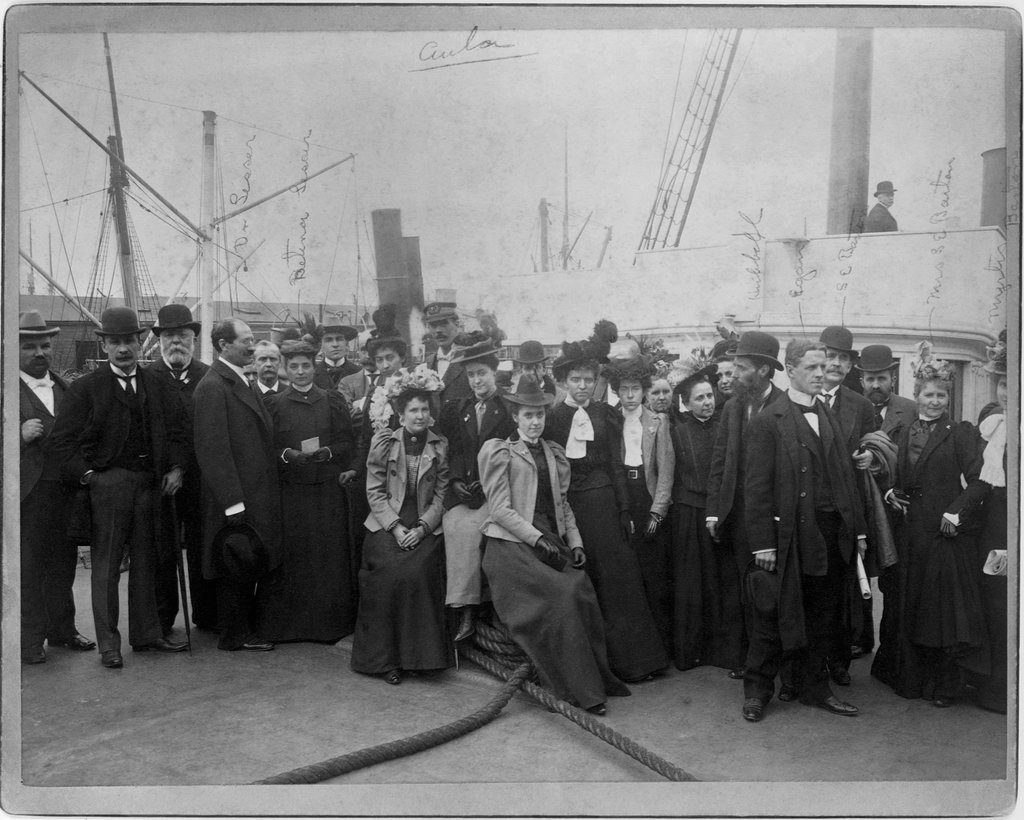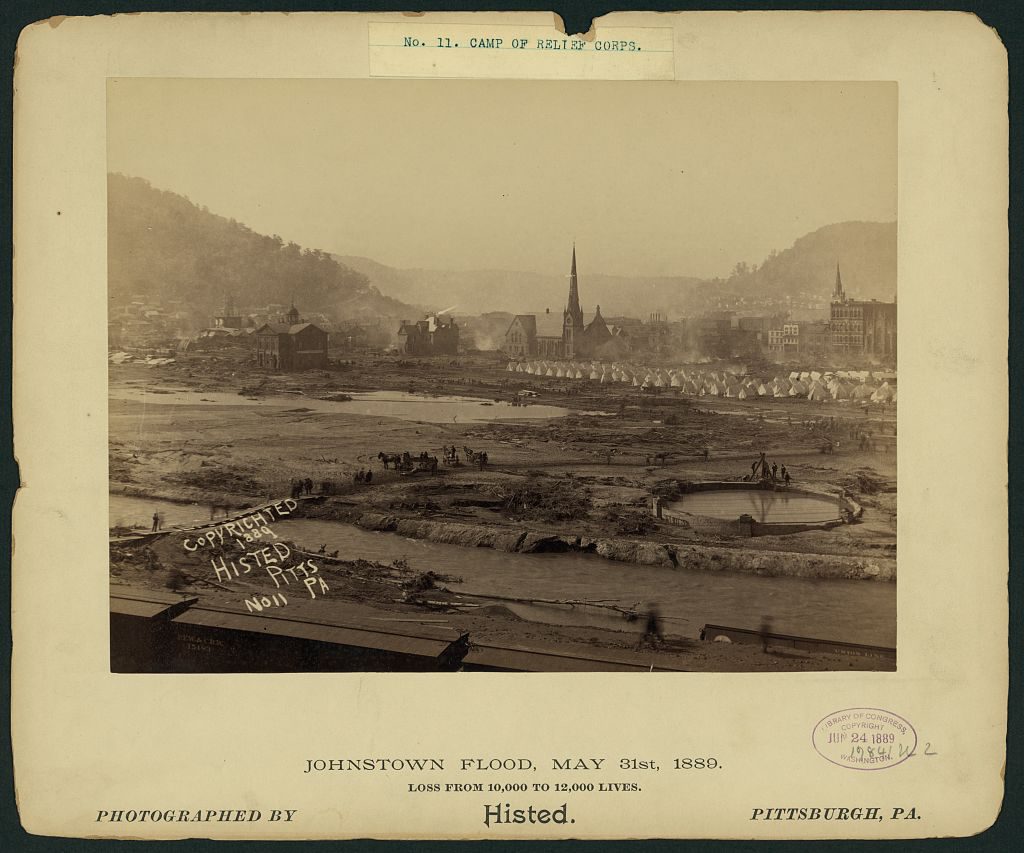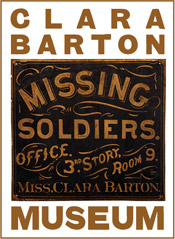Clara Barton: International Relief Organizer
In 1868 Clara Barton was tired. Understandably since she had spent most of the last seven years either caring for wounded soldiers or helping families find the final resting place of over 22,000 missing men. After such an extended and awe-inspiring stretch of compassion and humanitarian work, her doctor recommended she go to Europe on a vacation to rest and recover.
While in Europe she did not exactly rest. Barton wound up getting involved in the Franco-Prussian War which broke out in 1870 because she just couldn’t help herself. In doing so, she observed the relief operations of the International Red Cross and was impressed with their organization and efficiency in distributing aid and supplies. She commented that “the work of these Red Cross societies in the field [accomplished] in four months under their systematic organization what we failed to accomplish in four years without it.”
During the short conflict, Barton learned about their methods of organization, transportation, and storage. Not surprisingly, she personally assisted by distributing relief supplies, clothing and helped to set up hospitals for displaced civilians. Barton’s experiences laid the foundation for her efforts to establish the Red Cross in the United States.

Clara Barton with Red Cross pin c 1881 when the American Red Cross was established
Upon her return to the United States in 1873, Barton had an uphill battle to fight to establish the Red Cross in her native land. United States politicians had no interest in signing the Geneva Convention (a prerequisite to creating an official link with the Red Cross). After a devastating and dividing Civil War, many in Washington hoped to deal with foreign powers as little as possible.
The initial incident that inspired Barton to take up the cause of the Red Cross in America was news of a war between Russia and Turkey in 1877. She hoped the American people could help provide funds for relief as they did during the Franco-Prussian War only this time through an official Red Cross relief fund. After years of petitioning Congress and the state department, the Red Cross in America was officially established in 1881.
On a global scale, the Barton-led American Red Cross was prolific. It responded to the crises of famine in Russia in 1892, the Armenian massacre in Turkey in 1896, and the Spanish-American War in Cuba in 1898 (where Clara Barton briefly interacted with another Civil War nurse Clara Jones). The Spanish-American war in particular proved an important test case for the American Red Cross as Barton later reminisced in 1904, “Cuba was a hard field, full of heartbreaking memories. It gave the first opportunity to test the cooperation between the government and its supplemental handmaiden, the Red Cross.”

Red Cross relief team in Cuba 1898 Courtesy of the Library of Congress
Once created, Barton felt strongly that the Red Cross should help people not just in times of war, but following devastating natural disasters. She argued that one of the main reasons for institutions like the Red Cross was “to afford ready succor and assistance to sufferers in time of national or widespread calamities, such as plagues, cholera, yellow fever and the like, devastating fires or floods, railway disasters, mining catastrophes, etc.”
Under her encouragement the scope of the International Red Cross was expanded from primarily a war-related humanitarian effort to encompass natural disasters as well. In the United States, the Red Cross assisted with relief efforts in all parts of the country, including after the Mississippi River floods in 1882 and 1884, the Charleston, South Carolina, earthquake in 1886, the Johnstown, Pennsylvania, flood of 1889, the Sea Islands of South Carolina and Georgia hurricane of 1893, and the Galveston, Texas, hurricane of 1900. Relief efforts included providing food, shelter and clothing, as well as medical care and support for victims.

Red Cross relief camps after Johnstown Flood Courtesy of Library of Congress
In all, Clara Barton’s efforts to organize humanitarian aid for people around the world in times of distress stands as one of her greatest achievements. She was a leader in advocating for organized relief for those suffering from natural disasters. A lesser individual would have been proud to rest after such remarkable accomplishments during and immediately after the Civil War. Clara Barton though was driven to continue her humanitarian work which inspires people to this day.
Tags: American Red Cross, Clara Barton, Franco-Prussian War, Johnstown Flood, Red Cross, Spanish-American War Posted in: Clara Barton: American Legend
